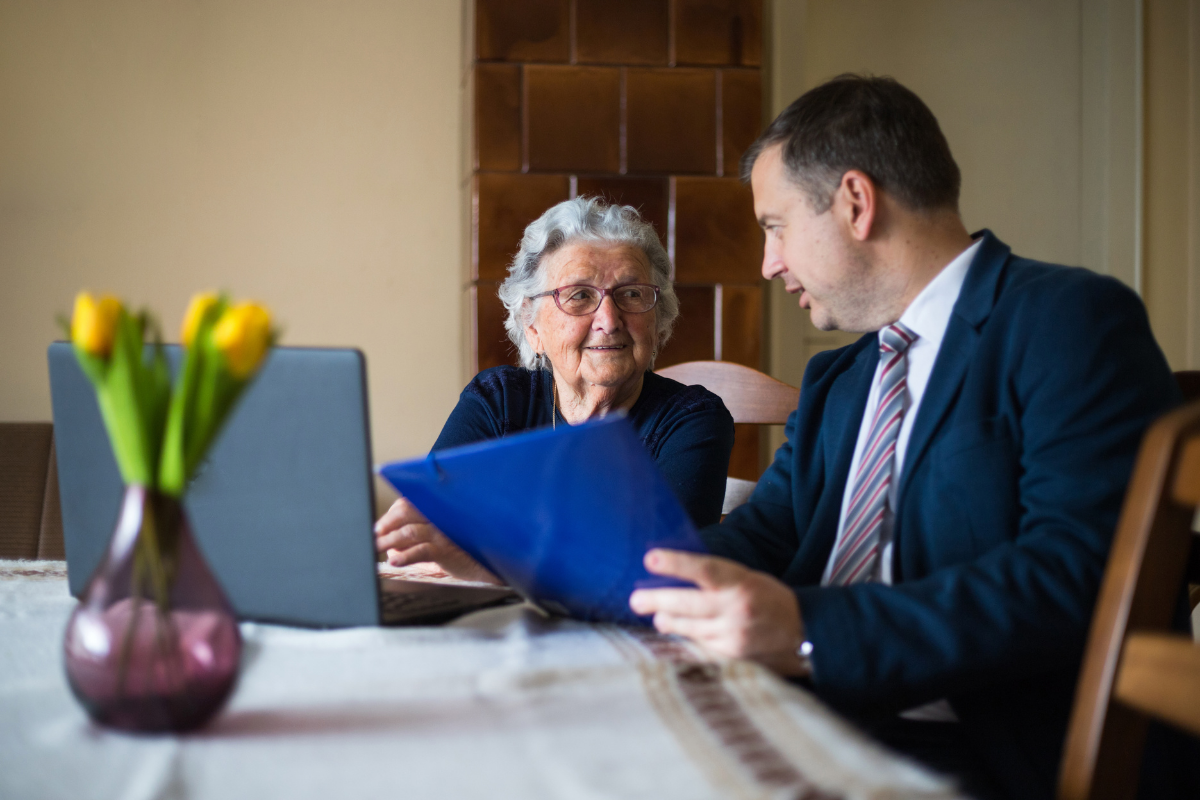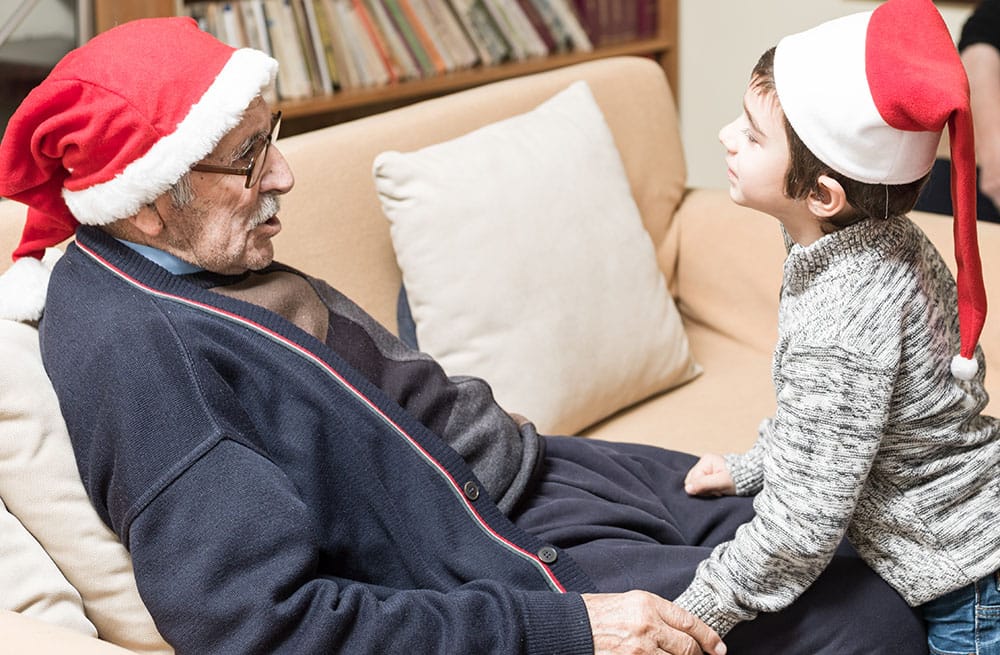Handling Your Loved Ones Affairs After They Die

Handling your loved one’s affairs after their death is a big responsibility. This catch-all term covers a wide range of personal, financial, and legal details that can be tedious, time-consuming, and stressful, all while you’re grieving the loss of someone you love.
It’s not something you have to handle alone, and it’s not something you need to do all at once. It can be helpful to break it down into stages.
Handling Affairs in the First Few Days
In the early hours and days after a loved one passes away, thinking about their affairs can be overwhelming. Focus on the immediate practical decisions that need to be made.
- Make notifications. Notify friends and family that their loved one has passed away. This is a task that you may be able to delegate to others who were close to your loved one. If your loved one was still employed, notify their employer. You should make a point to ask about their benefits plan, final paycheck, and whether they provided life insurance to their employees. If your loved one was a Veteran or a member of a community or religious group, reach out to the organization to inform them of your loved one’s death. They may also have burial benefits available.
- Take care of any pets. If your loved one had pets, make sure they are taken care of until a permanent plan is made for their future. A friend or relative who loves pets might be able to keep them for a few days. If not, look into boarding them at a kennel or local veterinarian’s office.
- Make service arrangements. If you don’t already know, check the home for any details on what your loved one wanted for their funeral. They may have left a letter or information on a prepaid burial plan. If this information is not available, you will need to decide whether you want a funeral, burial, or cremation service for your loved one. A funeral home can help you with the details. You should be able to delegate some of the service details to friends and family. They can help with writing the obituary, gathering photos for display, selecting readings or giving a eulogy. They can also help select pallbearers.
- Close up their property. If your loved one lived alone, you should make a plan to get rid of any perishable food items and figure out if there are any plants that require care. Any valuables in the home should be locked in a secure location. The home and any vehicles should be locked. Mail should be forwarded to your home, so it doesn’t pile up at the house.

Handling Affairs in the Weeks after a Loved One’s Death
After the immediate practical decisions in the first few days, you’ll need to make a plan to address the legal, financial, and bureaucratic details and paperwork.
- Obtain copies of your loved one’s death certificate. It can be helpful to get ten certified copies of the death certificate to register the death with the government, close bank accounts, and file life insurance claims. If you are working with a funeral home, they can get copies on your behalf. You can also request them directly from the state’s vital records office.
- Find your loved one’s will. If you don’t know where the will was kept, search their home, desk, and safety deposit box. The will should name an executor. You should take the will to your city or county probate court office to be executed. If they didn’t have a will, the city or county probate court will sort through intestate succession laws to determine who will inherit.
- Make a list of your loved one’s assets. This includes personal property, their home, their car, bank accounts, brokerage accounts, furniture, and jewelry. Some of these items may need to be appraised. Check through paperwork to be sure all assets are accounted for. Look for deeds, titles, tax returns, mail, email, bank and brokerage accounts.
- Make a list of ongoing expenses. A list of bills should be compiled and addressed. The executor will need to make sure the mortgage, utilities, and taxes are taken care of until the estate is settled. Other services like television, internet, phone, and streaming services can be cancelled. Credit card accounts should be closed and home, auto, and health insurance policies should be terminated.
- Work with an accountant. If your loved one used an accountant, you should contact them. If not, consider hiring one. A final tax return will need to be filed for your loved one and the estate may need to file a tax return. An accountant can guide you through this process.
- Make a plan for email and social media accounts. Some people choose to keep their loved one’s social media accounts active in their memory. Facebook allows loved ones to memorialize their account which keeps the profile up, but limits access to the account. Email accounts should be closed to prevent identity theft.

Important Notifications to Make When Handling Your Loved One’s Affairs
It is important to notify government offices and financial institution’s about your loved one’s death. These include:
- The Social Security Administration – You will need to stop any checks if your loved one was receiving Social Security benefits.
- Their banks, financial advisers, and stockbrokers – You can close bank accounts with a death certificate. Some accounts may have a beneficiary already assigned. They may also need a copy of the death certificate to access the account or receive the benefit.
- Credit agencies – Sending a copy of the death certificate to Experion, Equifax, and TransUnion can help prevent identity theft.
Handling your loved one’s affairs after death is a big job, but many consider it an honor to fulfill their loved one’s final wishes. Make a point of taking care of yourself while you take care of all the estate details.
For more information on how Crossroads can support patients at end of life and their families, visit our website or give us a call at 1-888-564-3405.
If you found this information helpful, please share it with your network and community.
Copyright © 2021 Crossroads Hospice & Palliative Care. All rights reserved.



